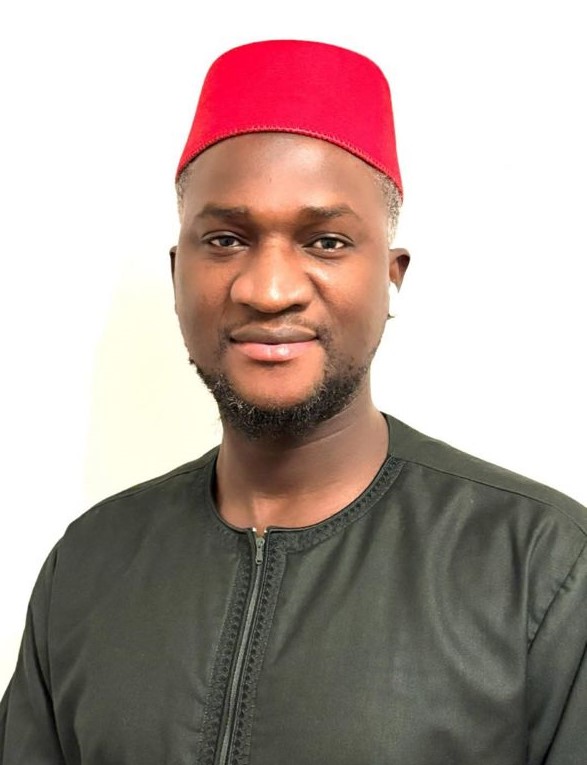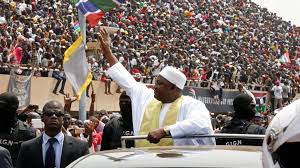By: Fatou Krubally
Dr Lamin K. Janneh, a Gambian development expert with over two decades of international experience, has responded to Halifa Sallah’s recent statement on leadership succession, questioning the veteran politician’s consistency and urging a new direction for The Gambia’s political future.
The response follows Sallah’s public remarks about possibly returning to the presidential race, despite earlier pledging not to contest again. In a strongly-worded open letter, Dr Janneh describes Sallah’s position as “philosophical but evasive,” and contends that after 35 years, the PDOIS party’s failure to produce a single viable successor reflects “a profound structural failure to mentor and empower new leaders.”
Dr Janneh dismissed the idea that young Gambians are unprepared for national leadership, noting that many have already led multi-million-dollar projects across sectors such as health, finance, and digital transformation. “These individuals are not hypothetical; they are proven,” he wrote, adding that their exclusion from national politics is not due to incapacity but a lack of political will to include them.
He presented a detailed policy blueprint aimed at systemic reform, covering education, agriculture, energy, digital governance, and anti-corruption frameworks. Drawing from successful global examples, he argued for digitised public services, renewable energy targets, and youth employment initiatives.
In a rare direct challenge, Janneh accused the PDOIS of maintaining “a symbolic monopoly” on leadership, rather than fostering true internal democracy. “Leadership that does not evolve becomes a form of intellectual autocracy, no matter how well-intentioned,” he warned.
While reiterating his respect for Sallah’s contributions to The Gambia’s democracy, Dr Janneh proposed a forward-looking collaboration: the co-convening of a National Forum on Political Transition and Institutional Innovation. He said the goal should be to shift from “personality politics” to “principled collaboration.”
“I am not pursuing political leadership,” he concluded. “I write solely as a concerned Gambian, committed to contributing where I can.”
The op-ed has stirred significant attention among political observers, as it challenges longstanding narratives about generational readiness, political legacy, and the urgency of structural reform in The Gambia.





